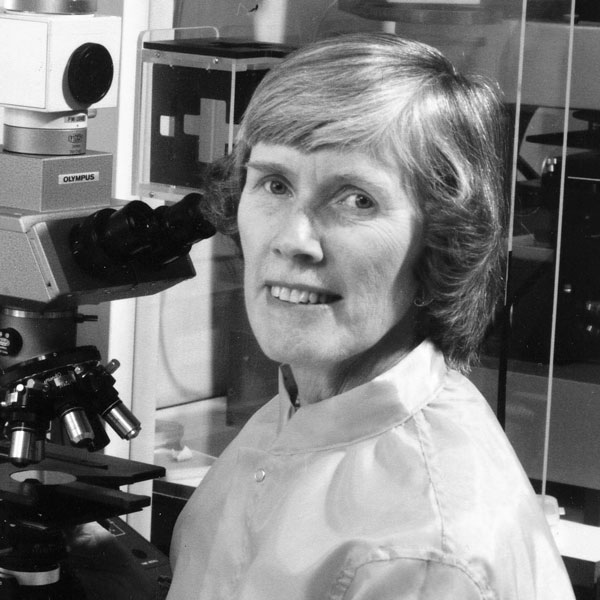In Memoriam: Frances Lummis Lloyd
Frances Lummis Lloyd
Sept. 4, 1923–March 23, 2018
Alumna made significant contributions to science
Frances Lummis Lloyd (Grad ’48), a physicist who helped revolutionize voltage standards, died March 23, 2018, in Washington, D.C.
 Courtesy Photo
Courtesy PhotoBorn in Honolulu, Hawaii, to an Army family with Charlottesville roots, Lloyd grew up around the United States and in the Philippines before studying physics at Duke University, though her parents would have preferred she study accounting.
Always independent, “she didn’t think about what anybody else thought,” says her son, Granville Lloyd. “She did things that she thought were good and useful and valuable.”
After the 1941 attacks on Pearl Harbor, Lloyd joined the Curtiss-Wright Cadettes program and, at age 19, worked on propeller design. Her work was featured in Life magazine.
After she earned her degree, she moved to Charlottesville, where her family had settled. Her mother wanted her to learn some “kitchen chemistry,” says her son, but she instead earned a master’s in physics at UVA.
Lloyd then spent 10 years in Washington, D.C., working for the Naval Ordnance Lab, before marrying and eventually settling in Colorado.
When the marriage ended in divorce, she went back to work as a single mother, telling potential employers that “she wasn’t sure what she could do” after years away from the workforce. She was hired by the National Institute of Standards and Technology in Boulder, quickly becoming an indispensable member of the NIST team that redefined voltage standards and won the Commerce Department’s Gold Medal.
Working on a 10-volt Josephson array (used in much of the technology of the era), Lloyd produced “working circuits of much more complexity and with greater yield than could have been reasonably expected,” read her nomination to the NIST portrait gallery. Her circuits would be used in more than 70 countries.
She eventually returned to Charlottesville, where she taught in UVA’s engineering school.
Lloyd’s success and groundbreaking work as a woman in physics were remarkable to everyone but her.
“She would have been happy to have a career that didn’t result in all the same accolades,” says Granville Lloyd, “as long as she was doing something she thought was cool.”
—Sarah Poole